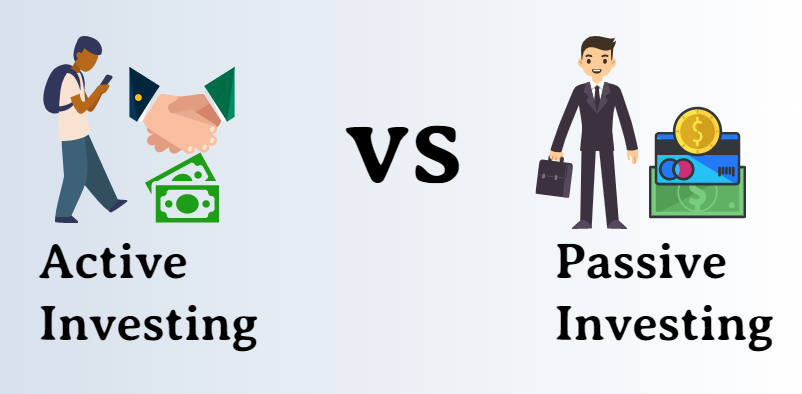Life insurance is a contract between an individual and an insurance company that provides financial coverage to the individual’s beneficiaries in the event of their death. There are several types of life insurance policies available, including term life insurance, whole life insurance, and universal life insurance.
Term life insurance is the most basic form of life insurance and provides coverage for a specific period of time, such as 10, 20, or 30 years. The death benefit, or the amount of money paid out to the beneficiaries, remains the same throughout the term of the policy. Once the term is over, the coverage ends, and the individual must either renew the policy or purchase a new one.
Whole life insurance, also known as permanent life insurance, provides coverage for the entire lifetime of the policyholder. The death benefit remains the same throughout the policy, and the policyholder can also accumulate cash value, which can be used as an investment or loaned against.
Universal life insurance is similar to whole life insurance, but it is more flexible. The death benefit and the premium can be adjusted, and the policyholder can also invest the cash value in different investment options.
Pros & Cons
Life insurance has several pros and cons to consider when deciding whether or not to purchase a policy.
Pros:
- Financial protection: The main purpose of life insurance is to provide financial protection to the beneficiaries in the event of the policyholder’s death. This can help cover expenses such as funeral costs, outstanding debts, and living expenses.
- Peace of mind: Knowing that your loved ones will be financially protected in the event of your death can provide peace of mind. This can be especially important for those with dependents, such as children or elderly parents.
- Estate planning: Life insurance can also be used as a tool for estate planning. The death benefit can be used to pay estate taxes and other expenses, helping to preserve the value of the estate for the beneficiaries.
- Business planning: Business owners can use life insurance to provide funds to continue the business in the event of their death, ensuring that it can continue to operate and provide for the employees.
- Investment opportunity: Some types of life insurance policies, such as whole life insurance, offer the opportunity to accumulate cash value that can be used as an investment or loaned against.
Cons:
- Cost: Life insurance can be expensive, especially if you purchase a policy later in life or have health issues. The cost of the policy will depend on the type of policy, the coverage amount, and the insurance company.
- Medical exams: Some policies require the policyholder to complete a medical exam before coverage can be approved, which may be uncomfortable for some people.
- Coverage limitations: Some policies have coverage limitations, such as not covering deaths resulting from certain activities or illnesses.
- Premiums can increase: With some types of life insurance policies, the premium can increase as the policyholder ages or if the policyholder develops a health condition.
- It may not be necessary: Some people may not need life insurance, such as single individuals without dependents or those with enough savings and assets to support their beneficiaries in the event of their death.
Life insurance can be a valuable tool for providing financial protection to loved ones and for estate and business planning, but it also has its drawbacks such as the cost, medical exams, coverage limitations, and premium increases. It is important to weigh the pros and cons and determine if life insurance is the right choice for you and your family.
When purchasing life insurance, it is important to consider the needs of your beneficiaries and to determine how much coverage is necessary. Factors such as age, health, and income should also be taken into account. It is also important to shop around and compare different policies and insurance companies to find the best coverage at the most affordable price.
When considering a life insurance policy, it is also important to consider the various riders and add-ons available. These include accidental death coverage, long-term care coverage, and critical illness coverage. Riders and add-ons can provide additional coverage and protection for policyholders, but they may also increase the overall cost of the policy.
Another important aspect of life insurance is the underwriting process. When applying for a policy, insurance companies will typically require the applicant to complete a medical exam and provide information about their health history. The underwriting process is used to determine the risk of insuring the individual and to set the premium for the policy.
In addition to providing financial protection for beneficiaries, life insurance can also be used for other purposes such as estate planning and business planning. For example, a business owner may use a life insurance policy to provide funds to continue the business in the event of their death.
Life insurance is a vital part of financial planning, and it is important to consider purchasing a policy early in life, while you are still young and healthy. This will ensure that you are able to secure coverage at a more affordable rate, and also that you have protection in place should the unexpected happen.
Final Thoughts
In conclusion, life insurance is a contract between an individual and an insurance company that provides financial coverage to the individual’s beneficiaries in the event of their death. There are several types of life insurance policies available, including term life insurance, whole life insurance, and universal life insurance. It is important to consider the needs of your beneficiaries and to determine how much coverage is necessary, and also to shop around and compare different policies and insurance companies to find the best coverage at the most affordable price. Life insurance is a vital part of financial planning and it is important to consider purchasing a policy early in life.










